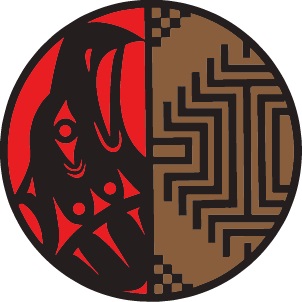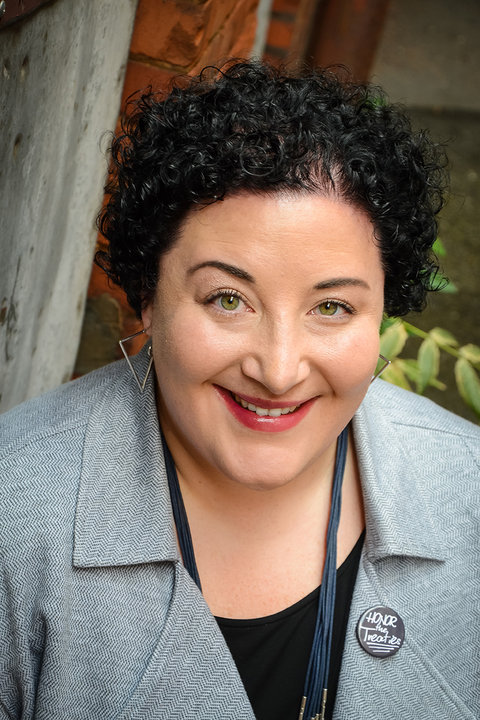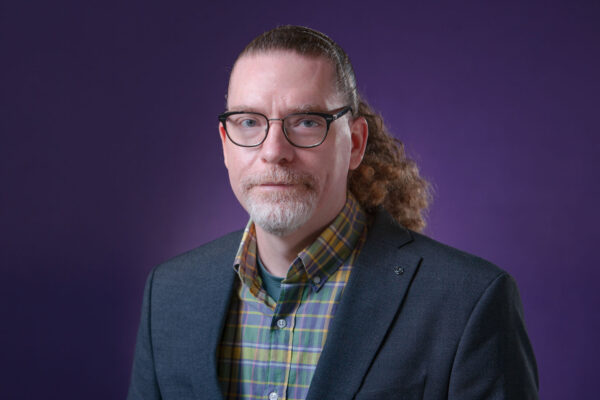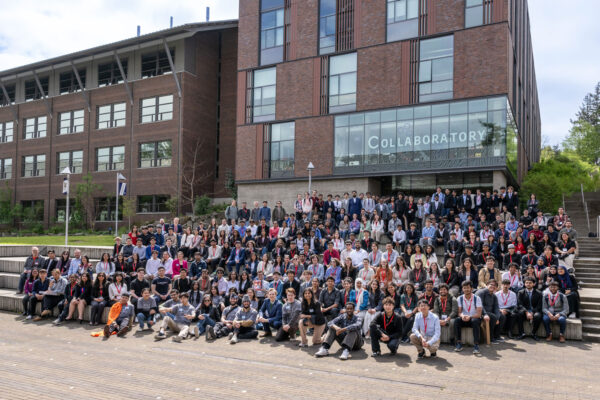With spring quarter, UW Bothell’s School of Educational Studies launched a two-course sequence to train students in Since Time Immemorial, Washington state’s K-12 Native American studies curriculum. The courses more than meet a new state requirement that all students in teacher preparation programs receive the training before they are certified.

The courses were developed by Sarah Shear, an assistant professor of social studies and multicultural education who has been at the UW Bothell since autumn 2019.
“We are offering, as far as I know, the most credit hours of anyone at present in Washington in the teacher prep program,” Shear said, noting that other universities in the state are offering a one-credit course, with additional material incorporated into other courses.
“What UW Bothell decided to do,” Shear said, “was to take a more robust approach and designate five credits of our program to the Since Time Immemorial curriculum.”
The UW Bothell difference

The five credits — one three-credit course and one two-credit course — give UW Bothell students time and space to focus, she said.
The three-credit course is dedicated to the content: tribal sovereignty, treaty rights, tribal governments, and historical and contemporary topics. The two-credit methods course helps students develop lesson plans and think about how they will implement the work at different grade levels.
“I’m really excited for our students to have that growth opportunity to really prepare our future teachers to do great work,” said Shear, whose area of research is the intersection of social studies curriculum and indigenous studies.
Shear also is the instructor for the two new courses, which have about 90 students. They are in the elementary education certification program and the Educational Studies Bachelor of Arts program. Next academic year, the courses also will be offered to students in the secondary education certification program.
“It’s been a really great opportunity to take the research that I’ve done, the advocacy that I’ve done and bridge that with ensuring that our pre-service teachers and students in Educational Studies are receiving a really robust education on Since Time Immemorial,” she said.
One of the courses was developed to be taught entirely online and the other was intended to be a hybrid — online with some in-person instruction. That made them easier to modify to the remote environment forced by the coronavirus pandemic, Shear said.
Washington K12 requirement
Washington state lawmakers started requiring K12 indigenous education in 2015, and the state Office of the Superintendent of Public Instruction posted the curriculum on its website. About two years ago, the state began requiring that all teachers coming out of universities have coursework in how to teach Since Time Immemorial.
“Our goal is that students coming out of our program are prepared to teach this Since Time Immemorial coursework the minute they get into their classrooms,” Shear said.
She has been working with colleagues at the UW in Seattle and at Western Washington University in Bellingham, Washington. She also has developed a relationship with partners at the Tulalip Tribes near Marysville, Washington.
Eventually, Shear hopes to involve other tribes and school districts as partners. After the first year or so, UW Bothell also expects to have teaching insights it can share with the state and other universities across the state.
“Colleagues from other universities, the state and my collaborators at Tulalip are excited to hear how this spring class is going and how the students take up the work,” she said. “Everyone is dedicated to preparing our teachers as best we can to teach Since Time Immemorial.”
Building understanding
It’s not just about history, Shear said. It’s about understanding native communities, and preparing teachers to teach in ways that are culturally revitalizing.
Shear hopes future classrooms “are filled with lessons that honor tribal communities, that teach about nation-nation relationships and that build the capacity to understand what tribal governments are — especially when they’re right next door. “


